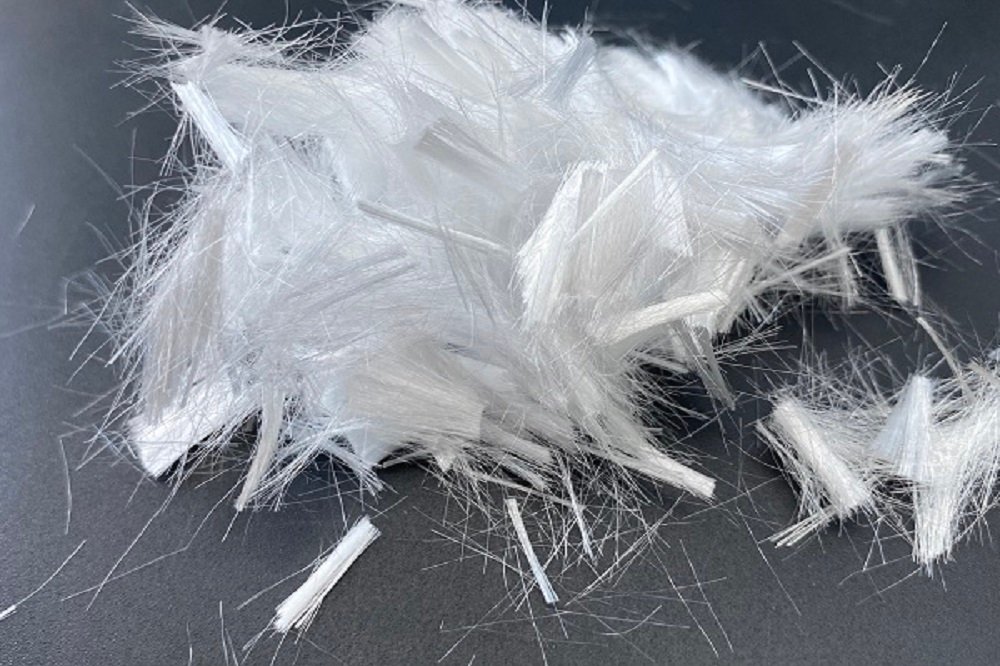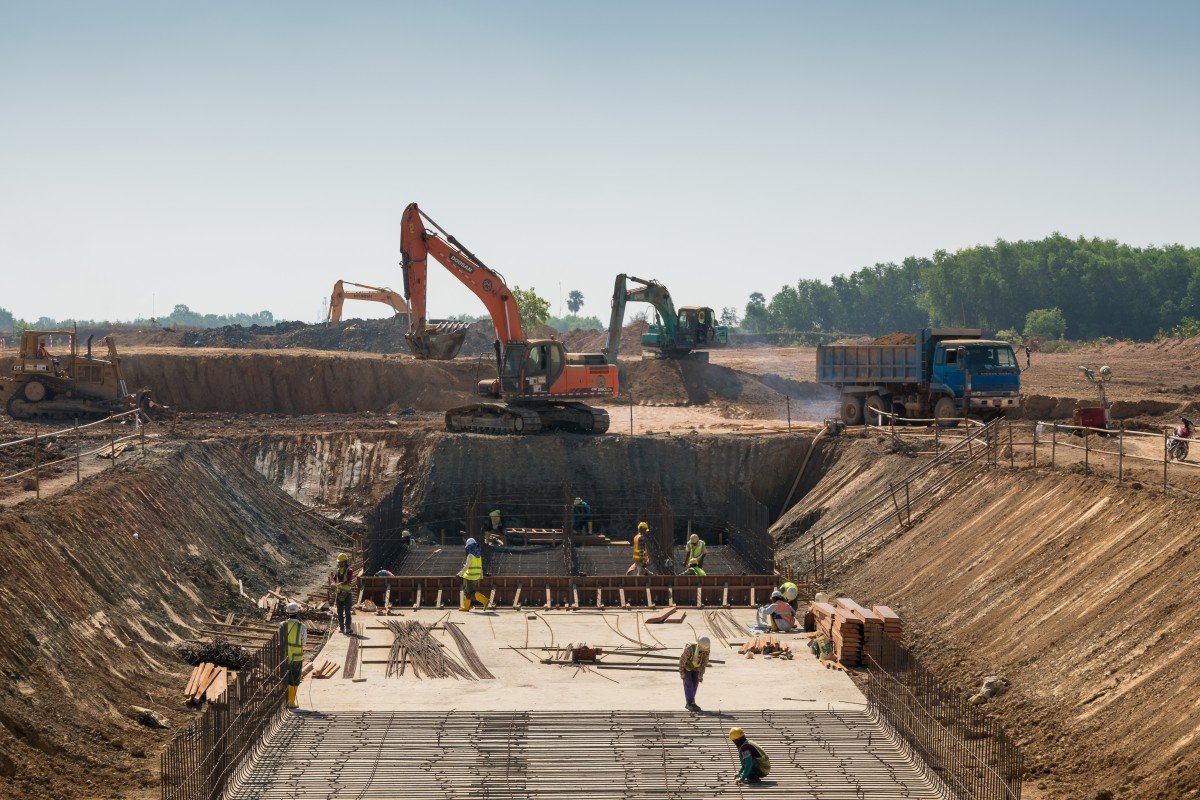Polypropylene monofilament fibers is a conventional product for crack-resistant concrete fibers, renowned in the construction materials field for its stable performance and wide applicability. Polypropylene monofilament fiber is extremely fine, with diameters ranging from 25 to 35 micrometers, yet they have a tensile strength exceeding 600 MPa. Therefore, they significantly enhance the crack resistance and ductility of concrete. Additionally, they are easy to disperse and cost-effective, making them a high-value product.
Production process of polypropylene monofilament fiber
Polypropylene monofilament fibers improve crack resistance and enhance impermeability.
Polypropylene monofilament fibers are produced from 100% polypropylene, and their mature manufacturing process endows them with exceptional stability. The tensile strength of polypropylene monofilament fibers can reach over 650 MPa. Moreover, they exhibit excellent dispersibility in concrete, allowing them to bear a significant portion of the initial pre-stress in concrete and control the formation of microcracks within it, thus enhancing impermeability. Due to their extremely fine diameter, the number of these fibers per unit volume is remarkably high, forming a fibrous network in the concrete that improves its seismic resistance.
Polypropylene monofilament fibers, known for their wide range of applications and high cost-effectiveness.
Polypropylene monofilament fibers are used in mortar, decorative putty paste, GRC exterior wall components, cement components, and more. These fibers not only offer high strength but also excellent ductility, making them commonly used in mortar and putty paste to enhance crack resistance and ductility. Polypropylene is resistant to acids and alkalis, making it a suitable replacement for steel fibers and glass fibers. This substitution not only improves efficiency but also reduces costs.


